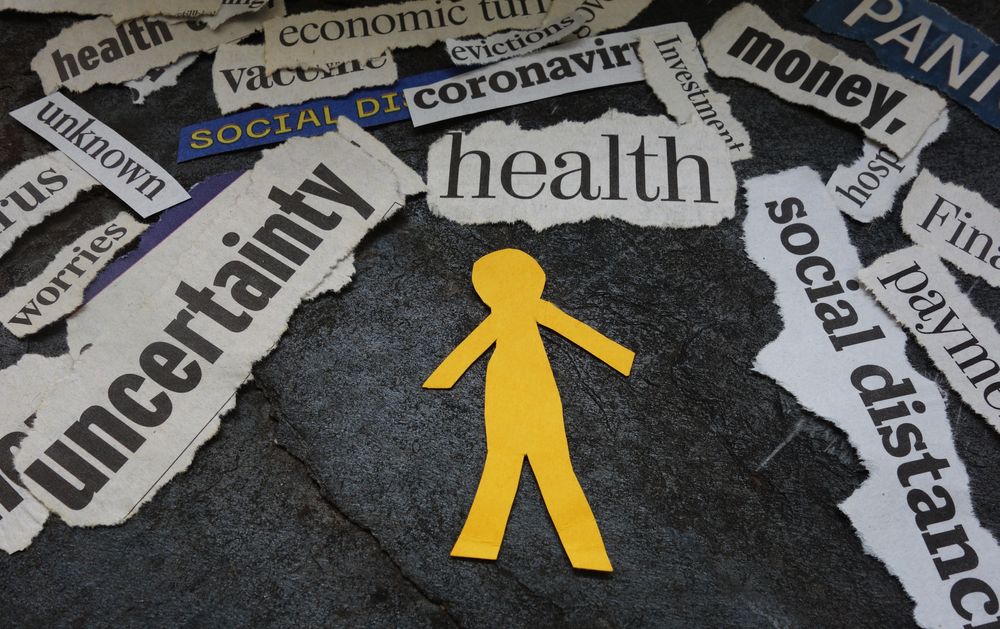
A new research survey will track children and young people’s mental health throughout the COVID-19 crisis to identify what advice, support and help can actually protect their mental health.

COVID-19 presents a rapidly changing situation where different pressures, including changes to children and young people’s social lives, daily routines, and access to education as well as challenges associated with families spending extended periods at home, will arise for children, young people and their families over time.
Professor Creswell said, ‘Research has provided valuable information about how parents and carers can support their children’s mental health in general. However, at this point, we know very little about what might be most effective in the current context of COVID-19’.
This survey, called Co-SPACE (COVID-19 Supporting Parents, Adolescents, and Children in Epidemics), aims to track children and young people’s mental health throughout the COVID-19 crisis.
Survey results will help researchers identify what protects children and young people from deteriorating mental health, over time, and at particular stress points, and how this may vary according to child and family characteristics. It also aims to identify what advice, support and help parents would find most useful.
We hope to have more than 10,000 parents and carers across the UK complete the new online survey. Their responses will help us really understand how families are coping and what support could make all the difference to children, young people and their families at this tim
Professor Cathy Creswell, Department of Psychiatry and Experimental Psychology, University of Oxford
Parents/carers will be invited to complete an online longitudinal weekly questionnaire for a month, then fortnightly for a month, and then monthly until schools reopen. The first survey will take about half an hour, and subsequent surveys about 15-20 minutes. Parents/carers will be asked to answer questions about family life and relationships, overall health and wellbeing, parenting, psychological symptoms and how they and their child are coping during the Covid-19 pandemic.
Regular summaries of key findings will be made available via the UKRI Emerging Minds research network website throughout the study and will be shared directly with partner organisations in health and education services and the community and voluntary sector, to inform the development of effective support for children, young people and families.
This research is supported by the NIHR Oxford Health Biomedical Research Centre, the Oxford and Thames Valley NIHR Applied Research Consortium and the UKRI Emerging Minds Network Plus.
A version of this post was first published on the Oxford and Thames Valley NIHR Research Consortium website.


